The Complete Guide to Vibratory Sieves: How They Work and Why You Need One
Vibratory sieves, also known as rotary vibrating screens, are essential equipment in numerous industries for particle separation, grading, and material sizing. If you’re looking to improve your production quality and efficiency, understanding how these machines operate and their benefits is crucial. As a leading vibratory sieve manufacturer, we’ve created this comprehensive guide to help you make an informed decision.
What Is a Vibratory Sieve?
A vibratory sieve is a high-precision screening machine used to separate materials by particle size. It uses a vibrating motor to generate multi-plane inertial vibration, which causes the material to move across the screen surface efficiently. Particles smaller than the screen apertures pass through, while larger particles are discharged through the upper outlet.
Key Applications of Vibratory Sieves
Vibratory sieves are versatile and widely used across various sectors, including:
Food & Beverage: Sugar, flour, spices, dairy products, and beverage processing
Pharmaceuticals: Powder grading, granule separation, and quality control
Chemicals: Fertilizers, resins, pigments, and powder coatings
Metallurgy: Metal powders, abrasives, and recycled materials
Ceramics: Glazes, kaolin, and alumina powders
The operation of a vibratory sieve involves three main motions:
-
Vertical vibration for material stratification
-
Horizontal vibration for particle transport
-
Tilting vibration to reduce blinding and improve efficiency
This combination of movements ensures accurate and efficient separation with minimal screen clogging.
-
High Efficiency: Quick and precise separation even with fine powders
-
Easy Maintenance: Simple design with minimal moving parts
-
Sanitary Design: Available in stainless steel for easy cleaning and compliance with industry standards
-
Customizable: Various screen sizes and configurations to meet specific needs
-
Quiet Operation: Low noise levels compared to other screening methods
How to Choose the Right Vibratory Sieve
When selecting a vibratory sieve, consider the following factors:
-
Material Properties: Particle size, moisture content, and flow characteristics
-
Production Capacity: Required throughput per hour
-
Screen Mesh Size: Based on the desired separation accuracy
-
Construction Material: Stainless steel for hygienic applications or carbon steel for industrial use
-
Additional Features: Dust covers, easy-change screen systems, or mobile designs
Why Choose Our Vibratory Sieves?
As a trusted vibratory sieve manufacturer, we pride ourselves on delivering:
-
Robust Construction: Durable machines built to last in demanding environments
-
Custom Solutions: Tailored designs to fit your specific operational needs
-
Expert Support: Technical assistance from installation to maintenance
-
Competitive Pricing: High-quality equipment at affordable rates

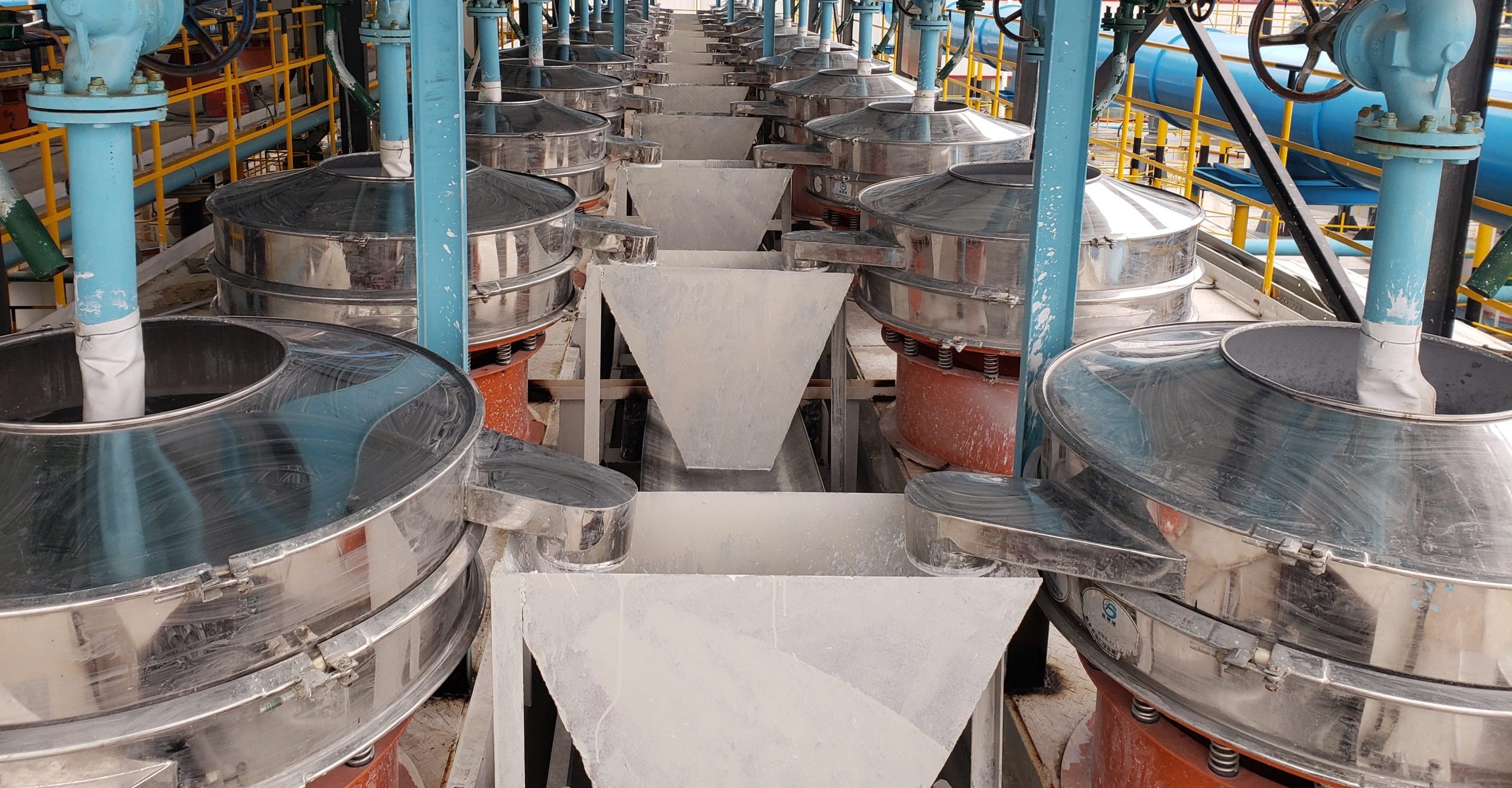
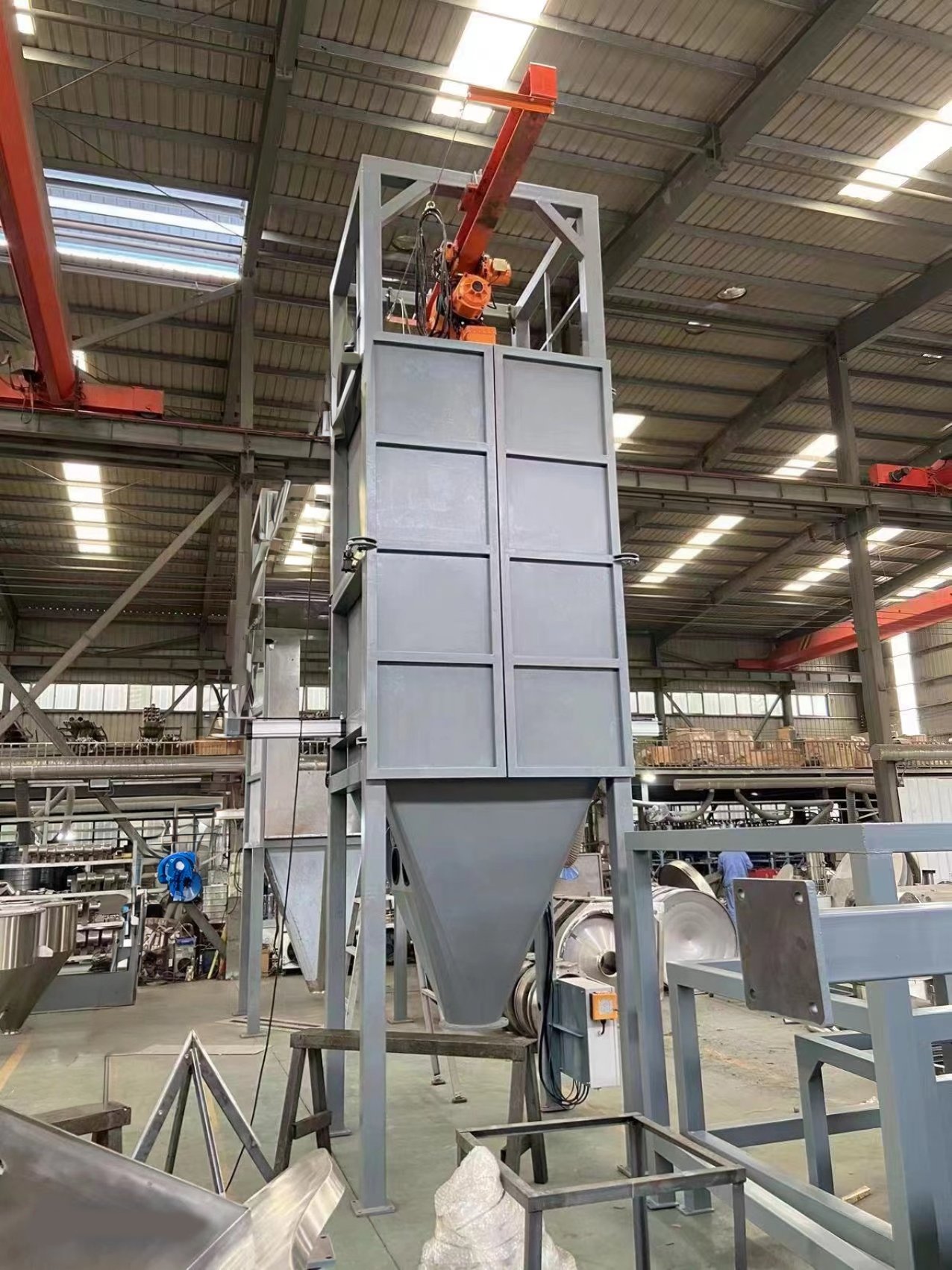
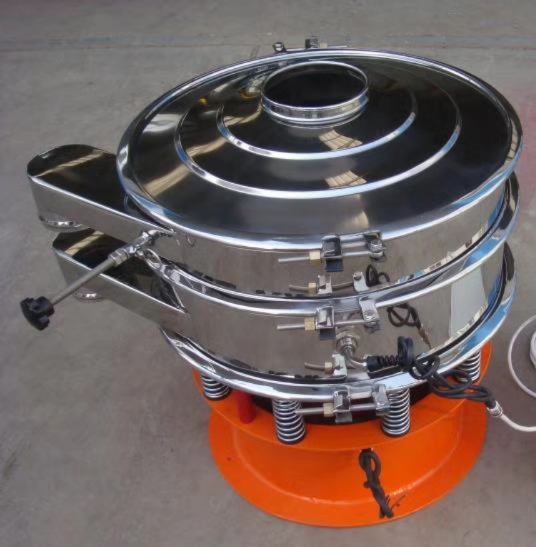
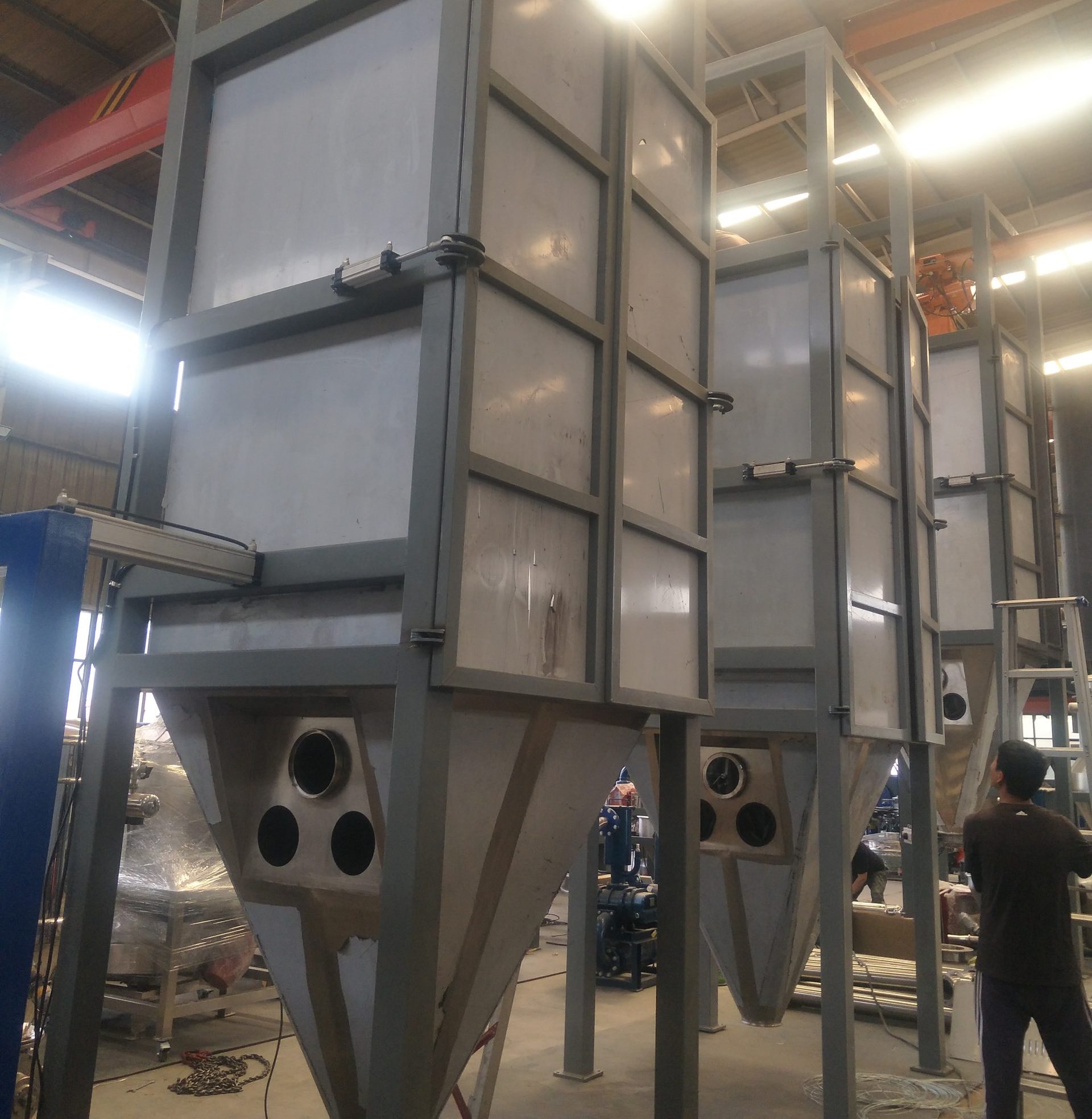
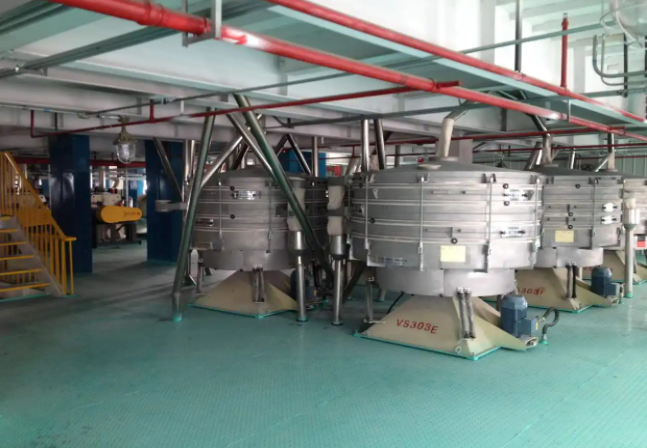
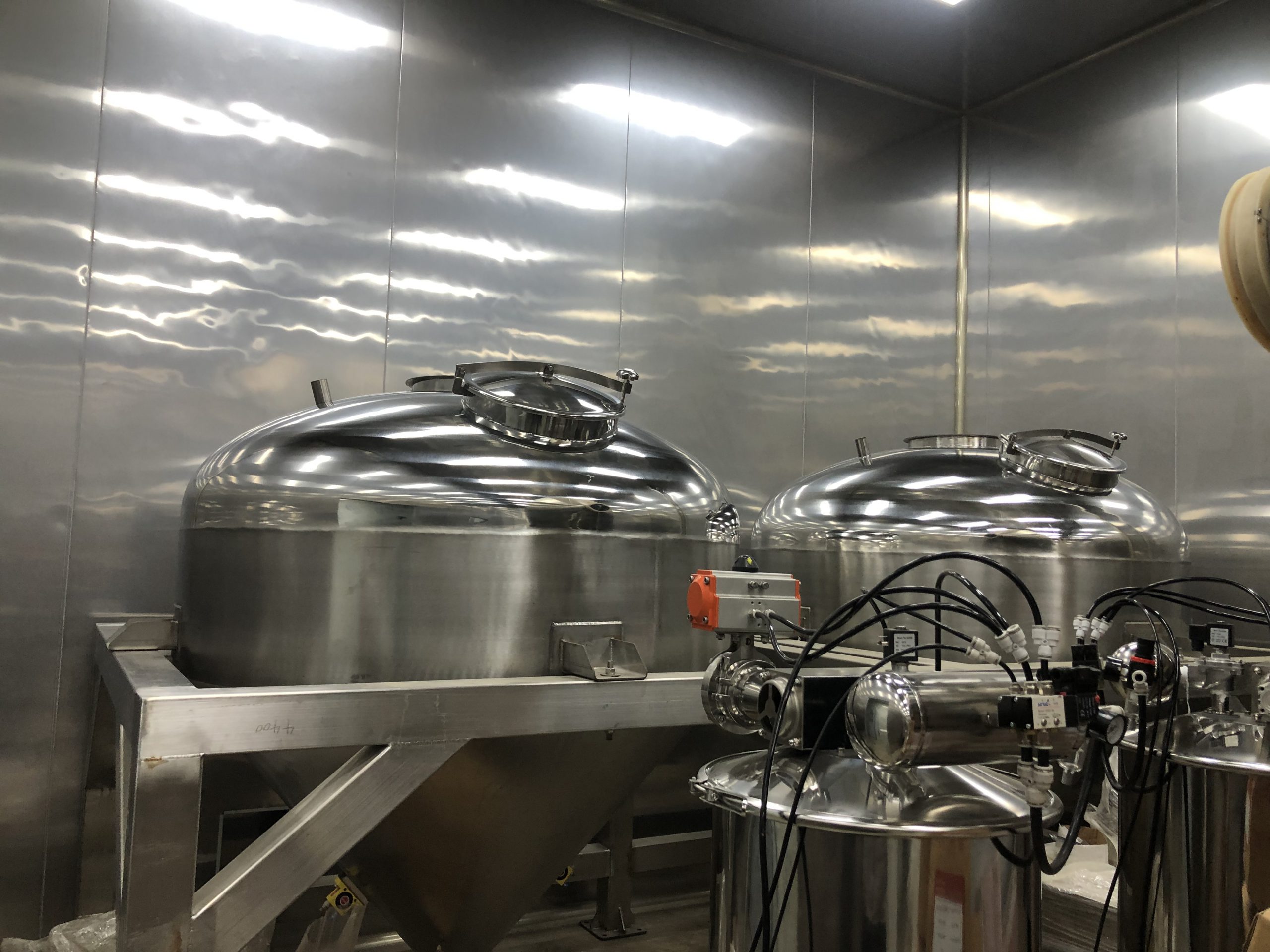
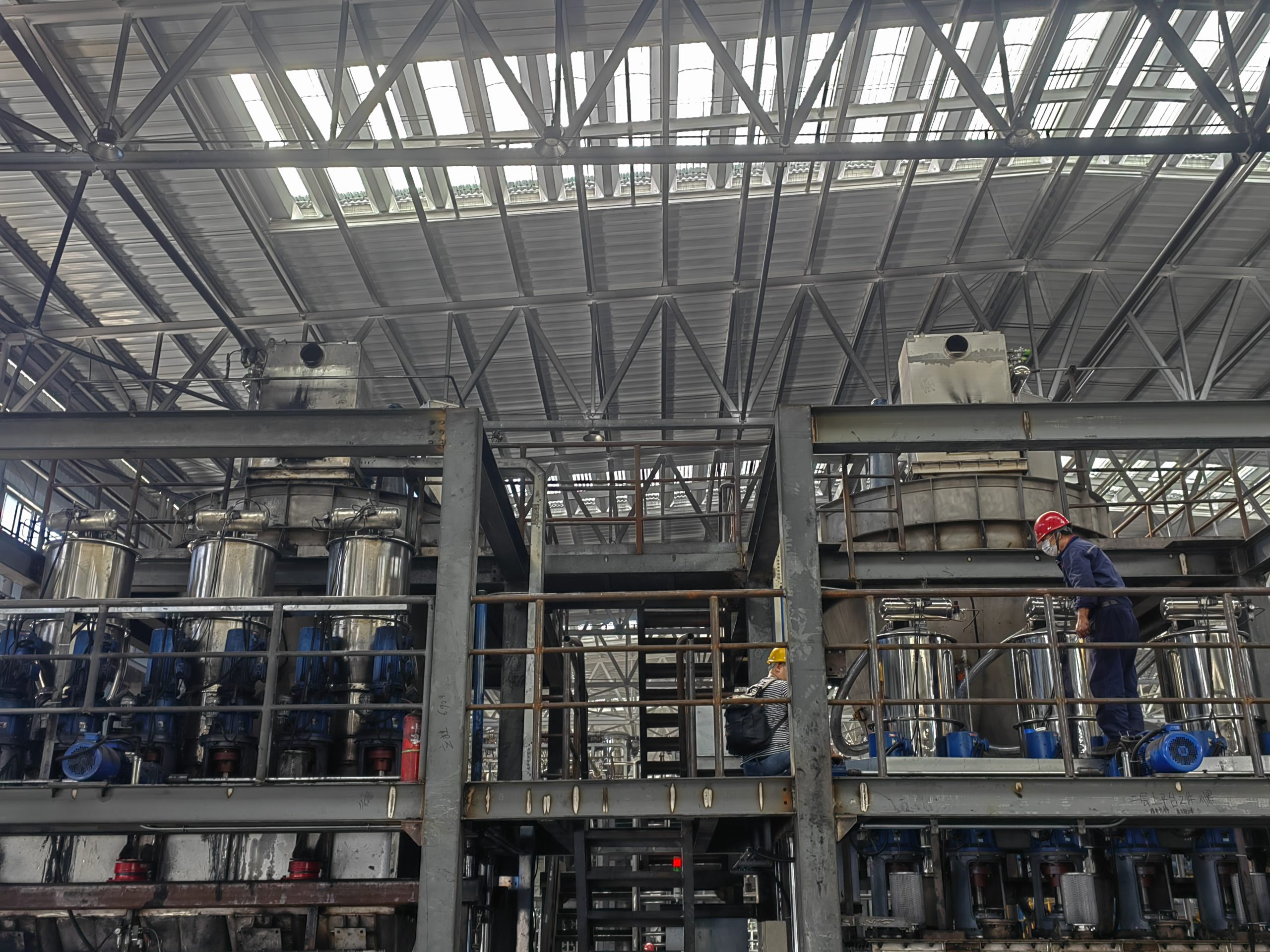
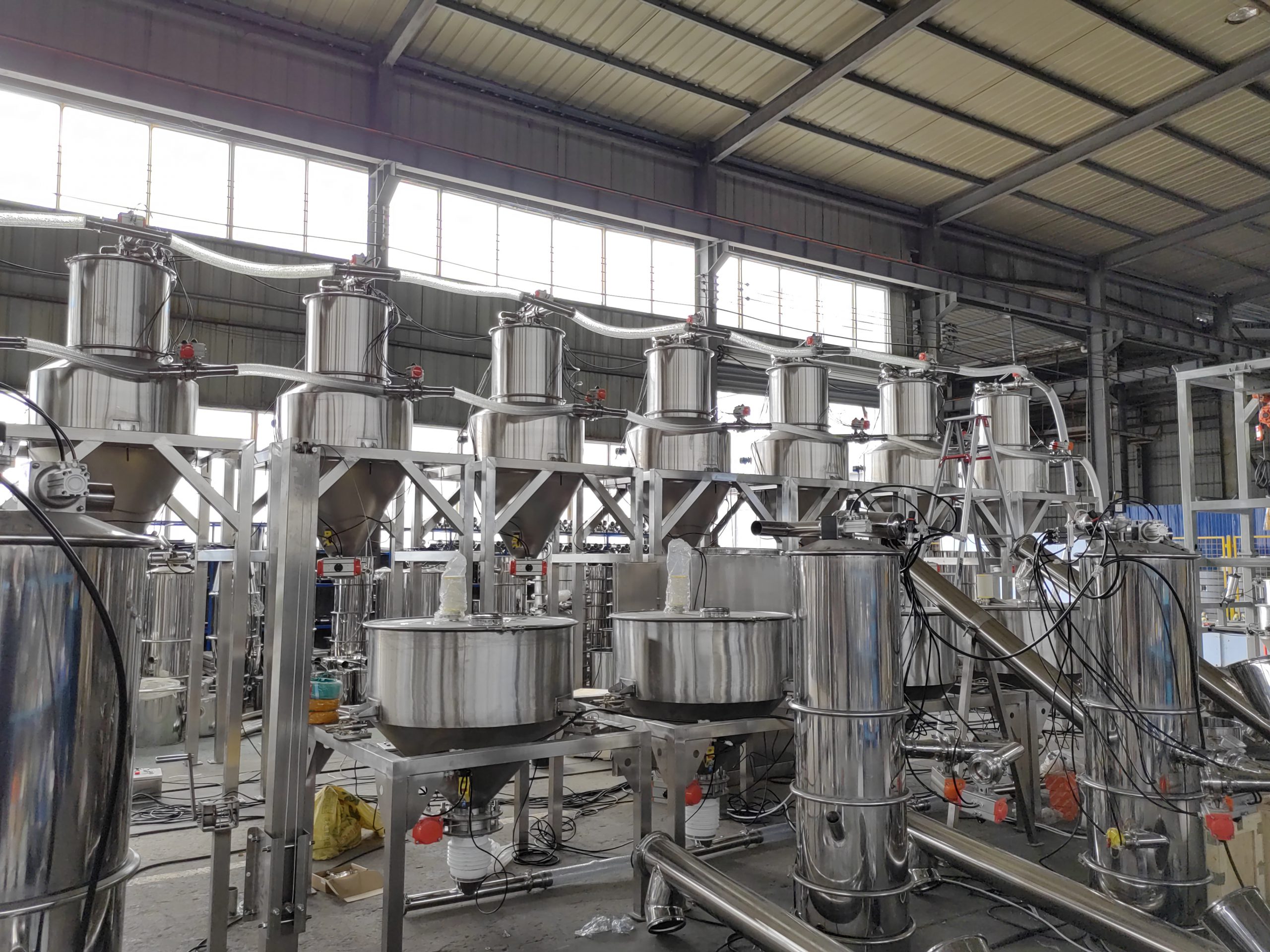
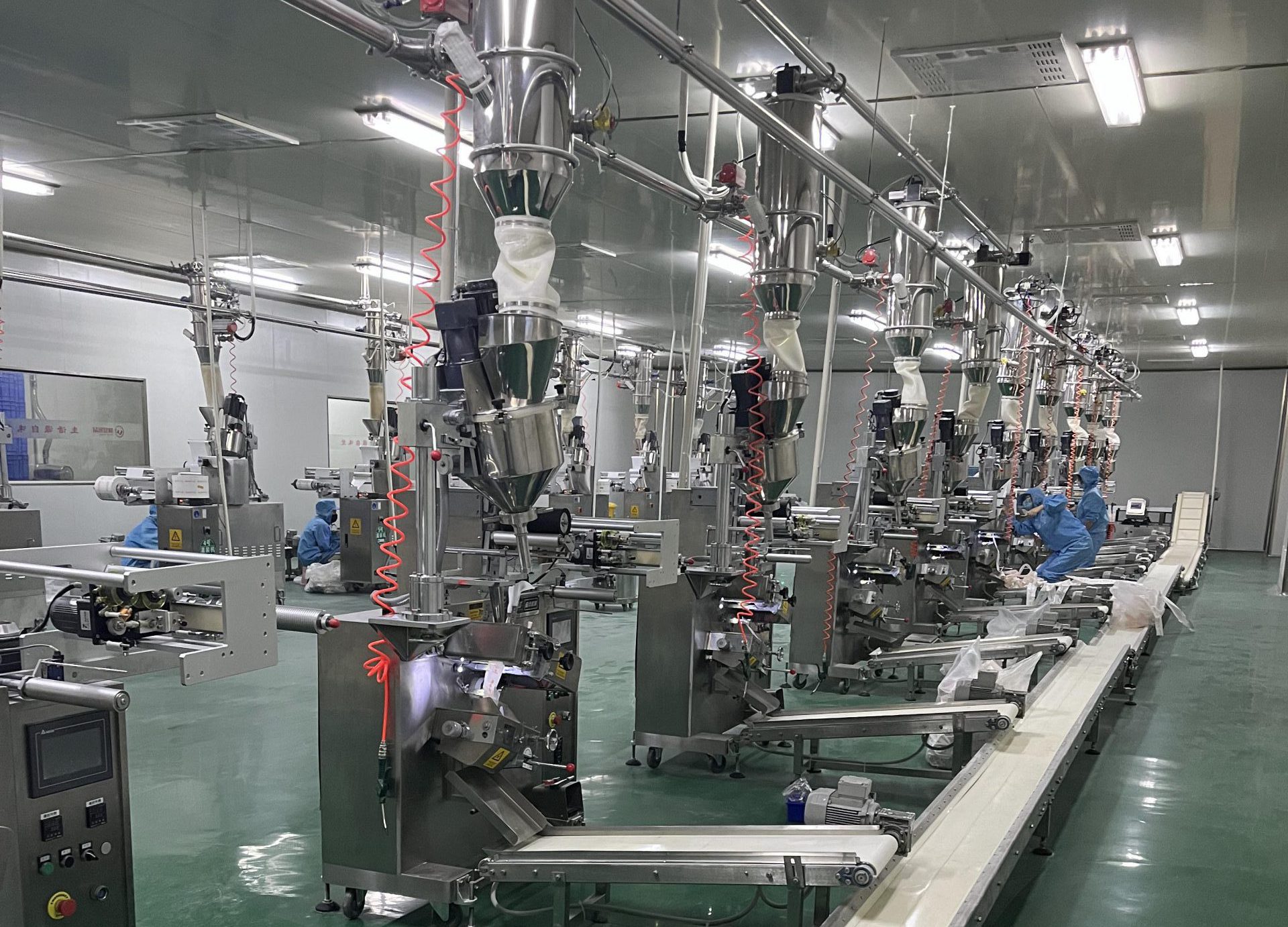
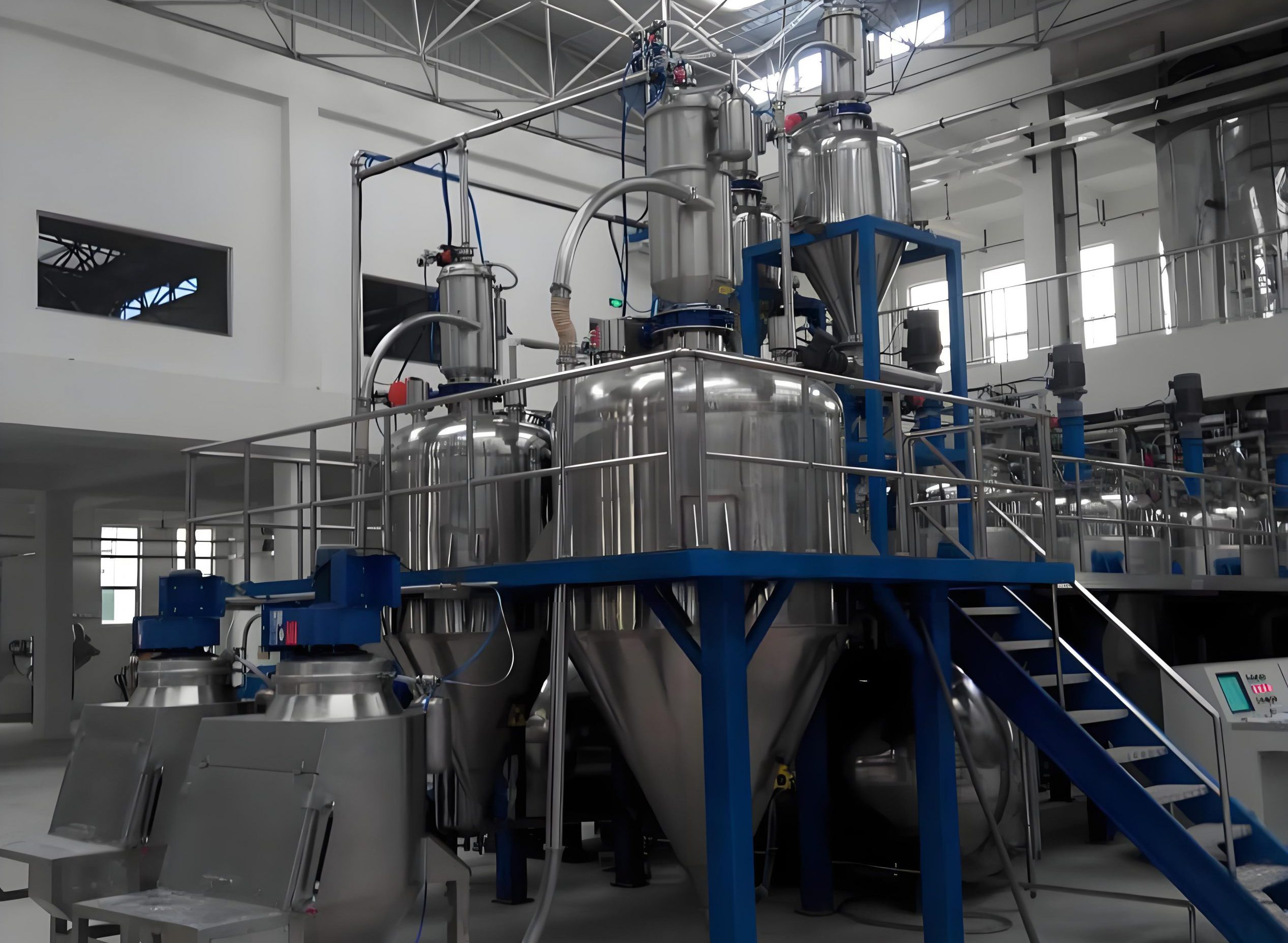
leave a Message